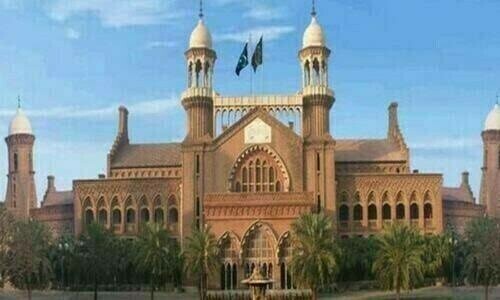Jinnah at a glance
Dawn.com
Published
December 25, 2011








Quaid-e-Azam Muhammad Ali Jinnah, the man who laid the foundations of the Islamic Republic of Pakistan, was born on December 25, 1876 at Vazeer Mansion located in Karachi. He was a visionary who was gifted with immense leadership skills and possessed the potential to become the guide of his generation and many more to come. His leadership qualities outshone throughout his academic and professional life and became an integral part of his persona. —Text by Faiza Mirza/Dawn.com, Photos courtesy Dawn Library
Read more
On DawnNews
Comments (4) Closed
Azhar
Dec 26, 2011 12:57am
Who are the people seated and standing in this picture? It will be nice to know as many as you can provide. Thank you for all these pictures.
Recommend
0
Syed Chishti
Dec 26, 2011 04:19am
Government by the people and for the people.
Recommend
0
M. Faheem Channa
Dec 26, 2011 03:18pm
Democracy is nothing but union.
Recommend
0
Aminul Haque
Dec 27, 2011 08:15am
Jinnah, the unmatched leader of his time and the years to come
Recommend
0












































